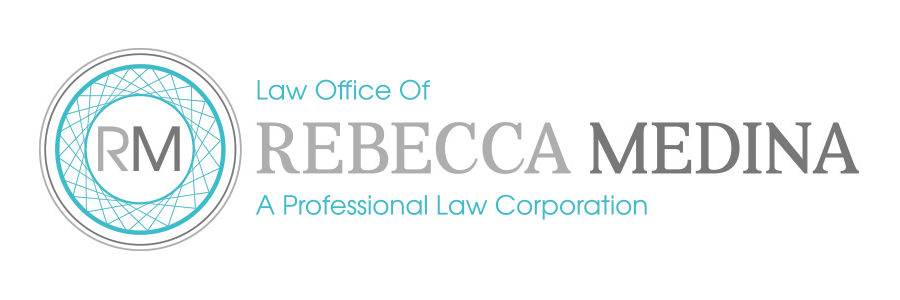When going through a divorce, many people want to keep their personal matters private. This desire for privacy can be achieved through consensual dispute resolution methods such as Mediation and Collaborative Divorce, which offer distinct advantages over traditional litigation.
Privacy Advantages of Mediation and Collaborative Divorce in San Diego and Fresno
In Mediation and Collaborative Divorce, all negotiations and discussions take place in a confidential and private setting. Unlike litigation, where disagreements are commonly resolved in a public court process, mediation and collaborative divorce prioritize privacy. By working through personal issues in a private setting, you can avoid airing your “dirty laundry” in a public forum, which can make you feel vulnerable and exposed.

Public Record and Confidentiality: In a divorce using mediation or collaborative methods, only the required forms, such as initial paperwork, proof of service of disclosures, and the final agreement, become part of the public record. However, in a litigated divorce, the more involvement sought from the court, the more personal details are revealed. Forms such as income and expense declarations and property information summaries, which are necessary for the judge to make decisions, become public record. Unfortunately, once this information is provided to the court in a litigation process, most of it becomes accessible to the public.
Access to Public Records: Anyone can review a divorce file that is part of the public record by visiting the courthouse, unless the file is deemed confidential or sealed. While there are limited circumstances where a court file can be confidential or sealed, generally, more information in a litigated divorce is available to anyone interested because there is often more court involvement. On the other hand, mediation and collaborative divorce proceedings remain private and confidential, accessible only to the involved parties and their chosen divorce professionals.
No Public Testimony: In a litigated divorce, courtroom trials or hearings may be open to the public, allowing anyone to come and listen to testimony. If access to the courtroom is limited, virtual channels like YouTube may be used to broadcast proceedings. In contrast, mediation and collaborative divorce proceedings occur in private offices or online platforms, ensuring that the public has no opportunity to witness or access the meetings.
When seeking a private divorce process, mediation and collaborative divorce offer distinct advantages over litigation. These alternative methods prioritize confidentiality, reduce the exposure of personal information, and prevent public access to intimate details of the divorce. By choosing mediation or collaborative divorce in San Diego or in Fresno, you can safeguard your privacy and work through your personal issues in a confidential setting.
Rebecca Medina is a California collaborative divorce lawyer and mediator serving clients statewide, with offices in Fresno and San Diego Counties. She focuses on mediation, collaborative divorce, and premarital and post-marital agreements, helping clients resolve family law matters through respectful, solution-focused processes that prioritize clarity and informed decision-making.
